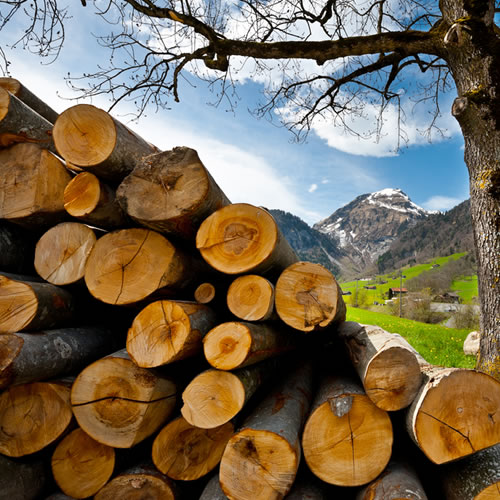 Firewood is renewable provided the consumption rate is controlled to sustainable levels.
Firewood is renewable provided the consumption rate is controlled to sustainable levels.- Fossil fuels (natural gas, oil and coal) are non-renewable and will become more expensive as the rate of production declines, unless other sources of fuel adequately replace them.
- The increasing use of woodburning stoves and improvements in their safety and efficiency. It is not against the law to burn firewood in smokeless zones provided well seasoned timber is burnt in an efficient stove since this produces negligible amounts of smoke.
- The environmental benefits – the growth and burning (or decay) of the same mass of wood is carbon neutral. This is not true when the felling, processing and transport of firewood is factored in, but when compared websites to the intensive production of agricultural crops for biofuels, the carbon dioxide emissions are very small.
- The protection and sustainable use of ecosystems and the natural resources we acquire from them will become increasingly important to us. The appropriate management of woodlands has additional benefits to wildlife conservation and helps to lessen the impact of storms and flooding events, which are expected to become more frequent and severe as a result of climate change.
- Government grants that encourage efforts to protect the natural environment, including ones targeted towards the sustainable production and use of biomass, are likely to increase.